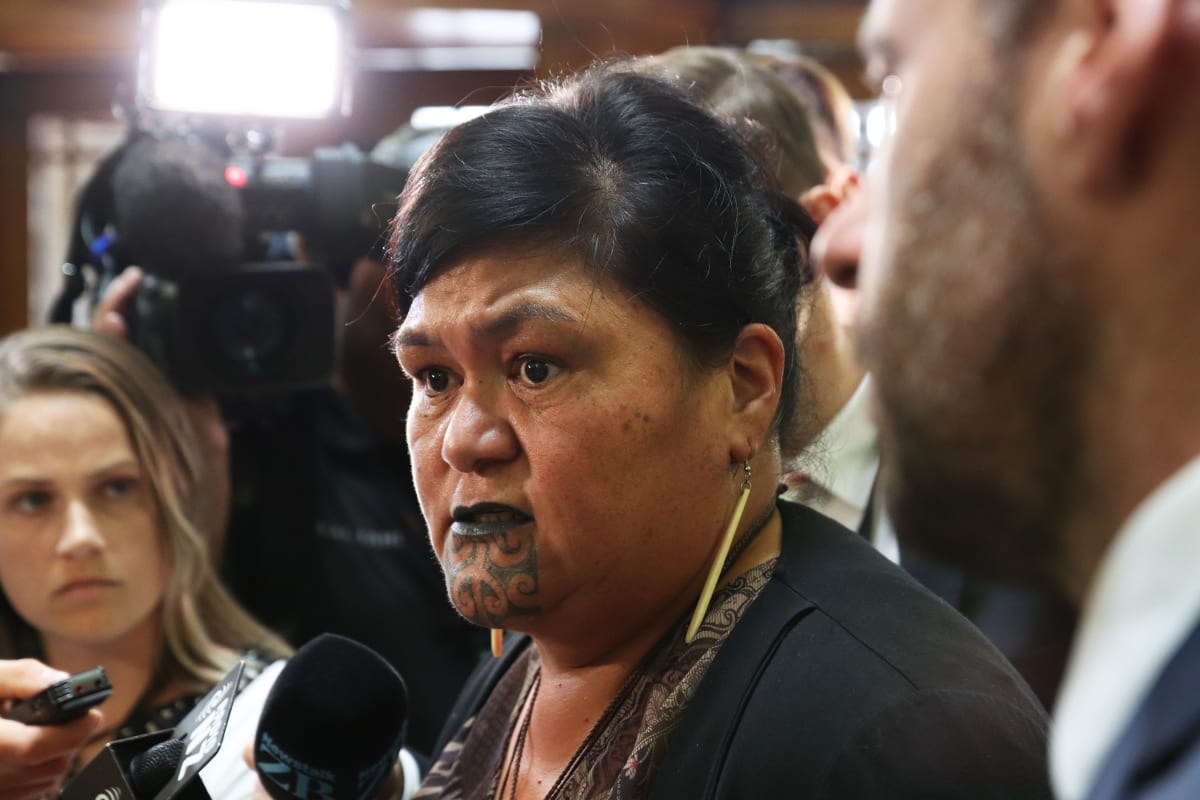
Shortcomings in the way Aotearoa responds to UN human rights recommendations are being addressed, as the Government faces scrutiny over its treatment of a murder suspect fighting extradition to China
The Government is developing a new system to keep better track of how – if at all – New Zealand is fulfilling its international human rights obligations.
Foreign Affairs Nanaia Mahuta has expressed a desire to develop a human rights framework to provide a more consistent approach to alleged breaches overseas, in the face of calls for New Zealand to more strongly condemn the treatment of Uyghur Muslims in China’s Xinjiang province.
But ministers have also been working on how to handle human rights issues within Aotearoa’s borders, with proactively released documents showing Cabinet late last year endorsed the creation of an “inter-ministerial national mechanism” to handle recommendations from human rights bodies.
Mahuta and Justice Minister Kris Faafoi noted in a Cabinet paper that New Zealand was a member of seven core UN international human rights treaties as well as a number of optional protocols, and faced regular reviews of its compliance.
“As a result of these reviews New Zealand has hundreds of recommendations relating to its international human rights obligations that need to be considered,” the ministers said, with a total of 342 recommendations received from its most recent reviews according to the UN.
There was room for improvement in how New Zealand currently handled the recommendations, with no cross-agency process to develop a position on the findings of each review or to place agreed recommendations into the domestic policy process.
“Accordingly, there is no way to ensure all accepted recommendations are implemented in a timely manner, or at all.
“This lack of process also means a lack of ability to be transparent with civil society, Māori as Treaty partners and the wider public on which international human rights recommendations New Zealand has received and accepted and on progress made against these.”
The UN strongly recommended that each member state have a national mechanism for reporting and following up on human rights recommendations, something New Zealand did not have.
Mahuta and Faafoi recommended the development of an inter-ministerial mechanism, with cooperation between several government agencies rather than a single agency holding responsibility.

The mechanism would be led by an inter-agency governance group made up of deputy chief executives, tasked with “address[ing] systemic issues and common problems and identify[ing] opportunities for improvement”.
A web-based monitoring tool would also be used to record all UN recommendations and updates on progress the Government was making towards each one.
The tool would be available for the public to access, improving transparency of New Zealand’s human rights efforts and making it easier to identify overlapping recommendations.
The paper said the Ministry of Justice was developing a set of guidelines to direct government agencies on how to meet their obligations, with the need for a “consistent and coordinated approach to human rights monitoring and reporting”.
“Closely following established guidelines for the lead public sector agencies will ensure…human rights are embedded in our public service culture and monitoring and reporting is not seen as a compliance exercise but as an important tool for service delivery and policy development.”
In a statement, an MFAT spokeswoman told Newsroom it was placed to have established the national mechanism, which was a recommendation from New Zealand’s last universal periodic review at the Human Rights Council in 2019.
The governance group had already been established with representatives from itself, Te Puni Kokiri, Statistics NZ, and the ministries of justice, women, and social development, and had held its first meeting in February.
'Callous' treatment
News of the mechanism comes as the Government faces a complaint at the United Nations Human Rights Committee over plans to extradite a South Korean citizen to China, despite claims he could be tortured.
In a letter to Faafoi last week, Kim’s lawyer Dr Tony Ellis said the callousness of the original extradition decision was being compounded by the failure to promptly decide the issue, with Kim suffering from a number of mental and physical health problems.
“Mr Kim besides considering he has suffered psychological torture, inhumane, or disproportionately severe treatment, and has not been treated with dignity and respect, by the New Zealand authorities including your office, in addition to whatever he might face in the PRC.
“He particularly expresses that the delay in making a decision by your office in the light of the medical evidence i.e. maintaining this serious mental illness and associated suffering, has, and continued, to be callous.”
Faafoi has since told Kim’s lawyers he would consider the recent information about his health, and would not extradite him “without giving reasonable advance notice of my intention to do so”, according to Stuff.







